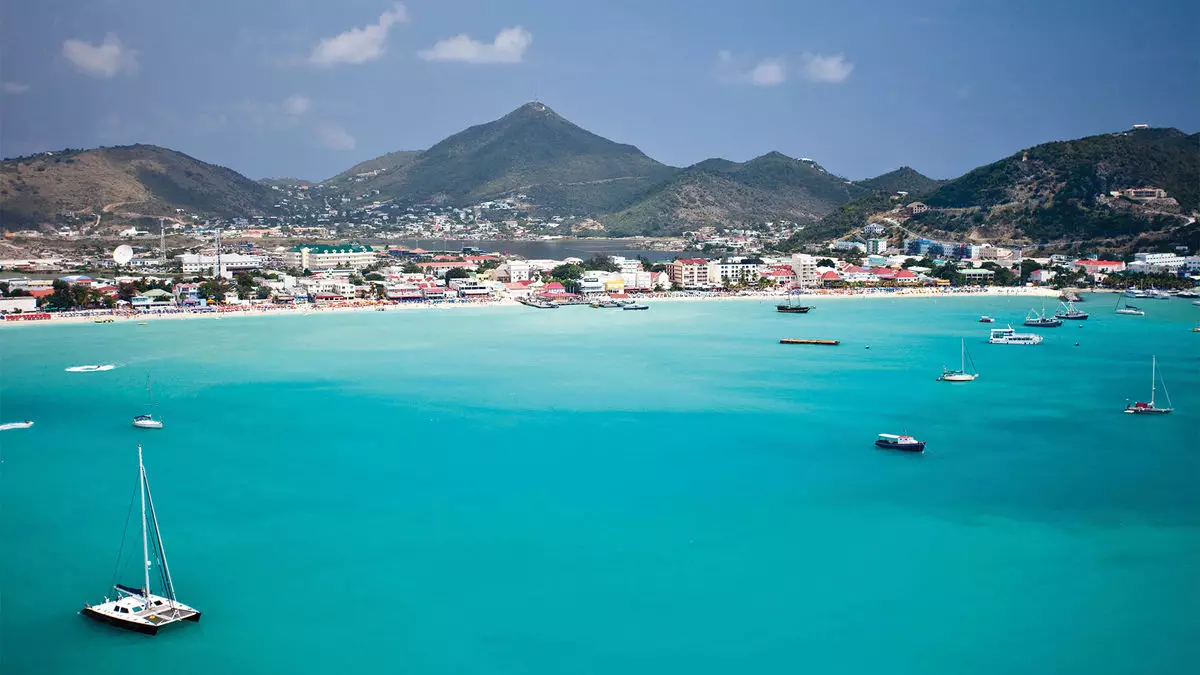In the wake of a crisis, the Caribbean faces a daunting challenge not from natural disasters alone but from the shadows of perception that linger long after the dust has settled. Miscommunication and misinformation can create a formidable barrier for potential travelers. They may falsely believe that an entire island is in ruins when, in reality, only select regions have been affected. This situation can severely hinder recovery, emphasizing not just the need for swift physical recovery but also a robust strategy to manage how destinations communicate with the world.
Experts in the field, such as Nicola Madden-Greig, a notable figure in Caribbean tourism, stress the importance of clear communication. The myth that lingering economic malaise is primarily due to physical damage often overshadows the reality that effective communication strategies significantly influence the region’s ability to bounce back. Distinctive islands possess unique geography and features; hence, it is essential to normalize and simplify these narratives through meticulous engagement with all stakeholders, including travel advisors and the media.
Harnessing Technology for Real-Time Communication
Countries like Jamaica have begun to adopt technology not merely as a tool but as a lifeline anchored in timely information dissemination. The integration of AI-powered chatbots on platforms such as VisitJamaica.com signifies a transformative step forward. These technological solutions swiftly counter misinformation, offering travelers and advisors immediate, factual updates about on-ground realities.
This approach demonstrates that, in an era where information is consumed at breathless speeds, the capacity to provide real-time and authentic updates can make a substantial difference in travelers’ decision-making processes. An astute response mechanism that communicates safety is indispensable, particularly in the face of potential disarray. Steven Defontes, who leads Big Idea Advertising, rightly highlights that conveying a sense of security is non-negotiable, whether for luxury vacationers or individuals seeking meaningful volunteer experiences.
Flexible Messaging During Crisis
Rapid, accurate communication must remain dynamic, especially as conditions fluctuate. When a crisis strikes, tourism marketers must possess the agility to pivot their promotional messages. If a destination faces temporary closures, recovery strategies should redirect focus toward different narratives—like promoting volunteer opportunities or supporting local business initiatives. This adaptability not only keeps the narrative alive but also emphasizes resilience.
Maximizing the role of real people—journalists and social influencers—during crises offers an infusion of validated realism. Witnessing lived experiences through their lens provides invaluable insights. Encouraging these individuals to showcase unaffected regions fosters a balanced perspective, inviting potential tourists to see what resilience looks like firsthand. During uncertain times, authenticity reigns supreme; travelers invariably seek genuine storytelling over mere advertisements.
Empowering Travel Advisors as Communicators
Furthermore, the significance of travel advisors should not be underestimated. These professionals are vital conduits connecting the travel community to the nuanced realities of any crisis. Possessing intricate knowledge about local recovery efforts, safety protocols, or innovations in resilient infrastructure allows travel advisors to instill confidence among their clients. They are entrepreneurs of reassurance, actively addressing concerns and highlighting sustainable tourism practices that ensure the longevity of the Caribbean’s treasures.
Puerto Rico serves as a poignant testament to this principle. After the devastating storms of 2017, their tourism sector experienced an impressive revival by 2021, setting visitor arrival records. This remarkable turnaround can largely be attributed to effective communication campaigns which spotlighted recovery initiatives, ensuring the U.S. residents felt welcomed back as travel conditions normalized.
The Path Forward for Caribbean Tourism
As the Caribbean navigates the complexities of recovery, the focus must remain steadfastly on an integrated communication strategy that melds technology, personal narratives, and committed stakeholders. This renewed approach not only promotes immediate recovery but also fortifies the Caribbean against future crises. In a world intertwined with rapid perceptions and fluctuating realities, the resilience of these islands will hinge on their ability to communicate their stories effectively, showcasing that even amidst challenges, vibrant life and potential await. This journey, intricately woven with authenticity and optimism, is the true heartbeat of Caribbean tourism’s recovery narrative.


Leave a Reply